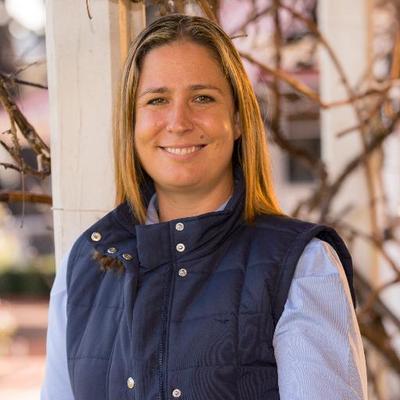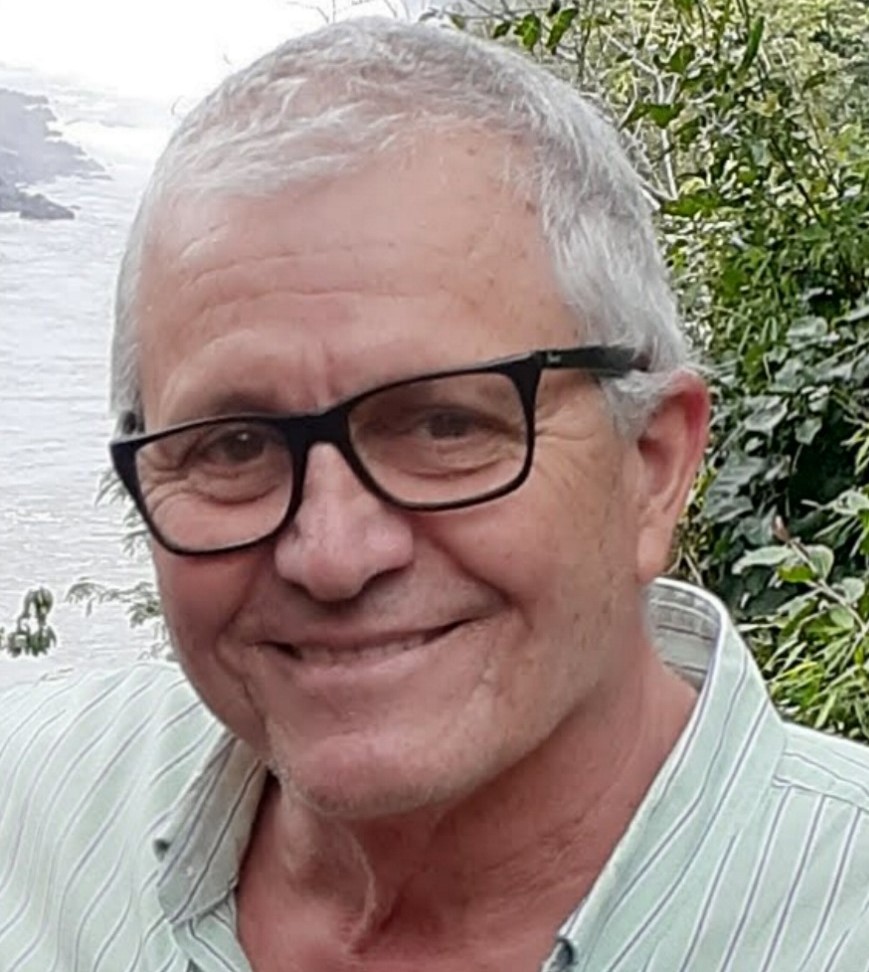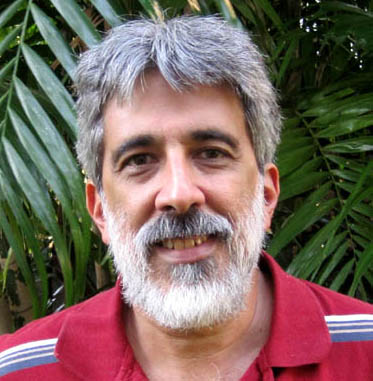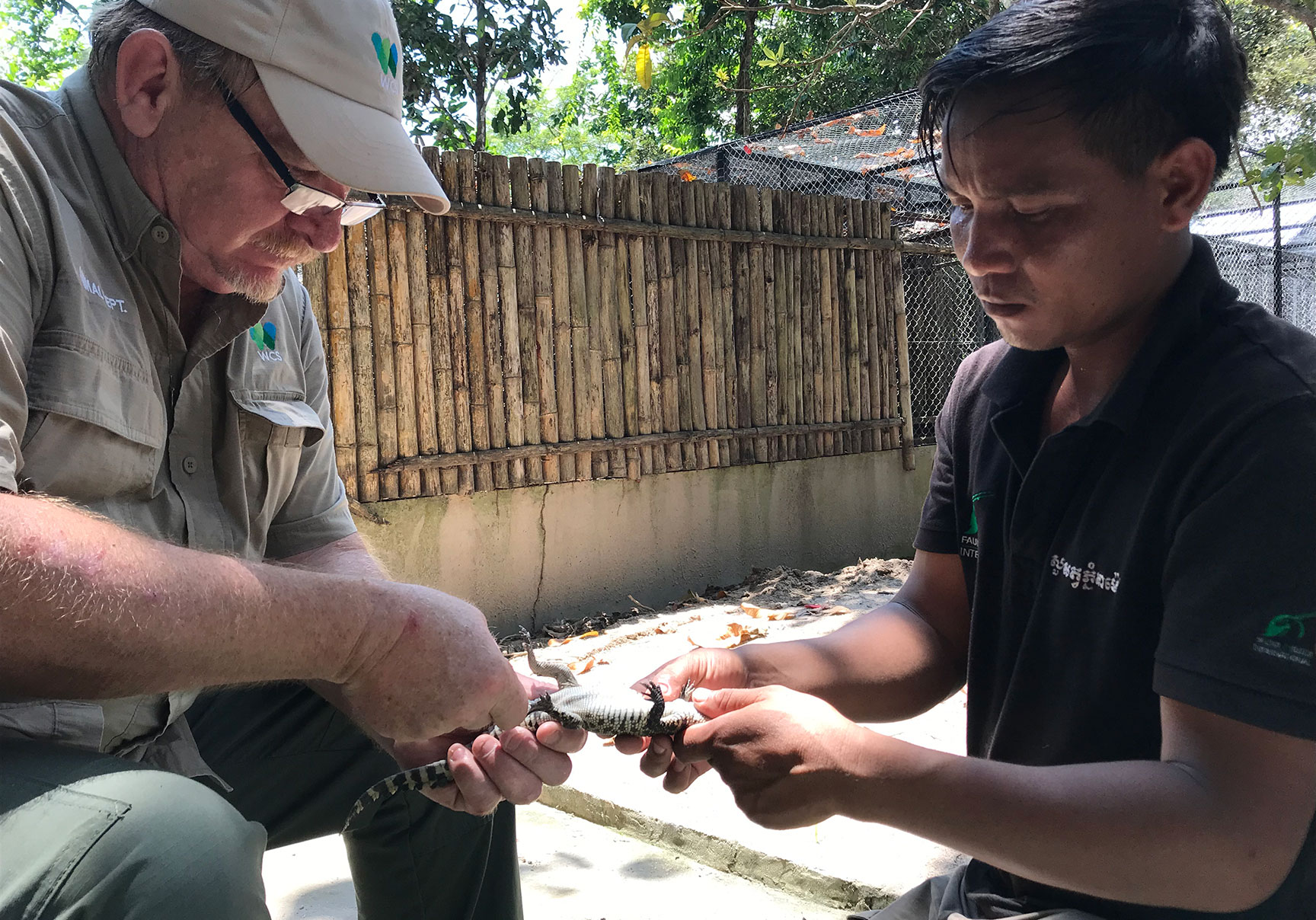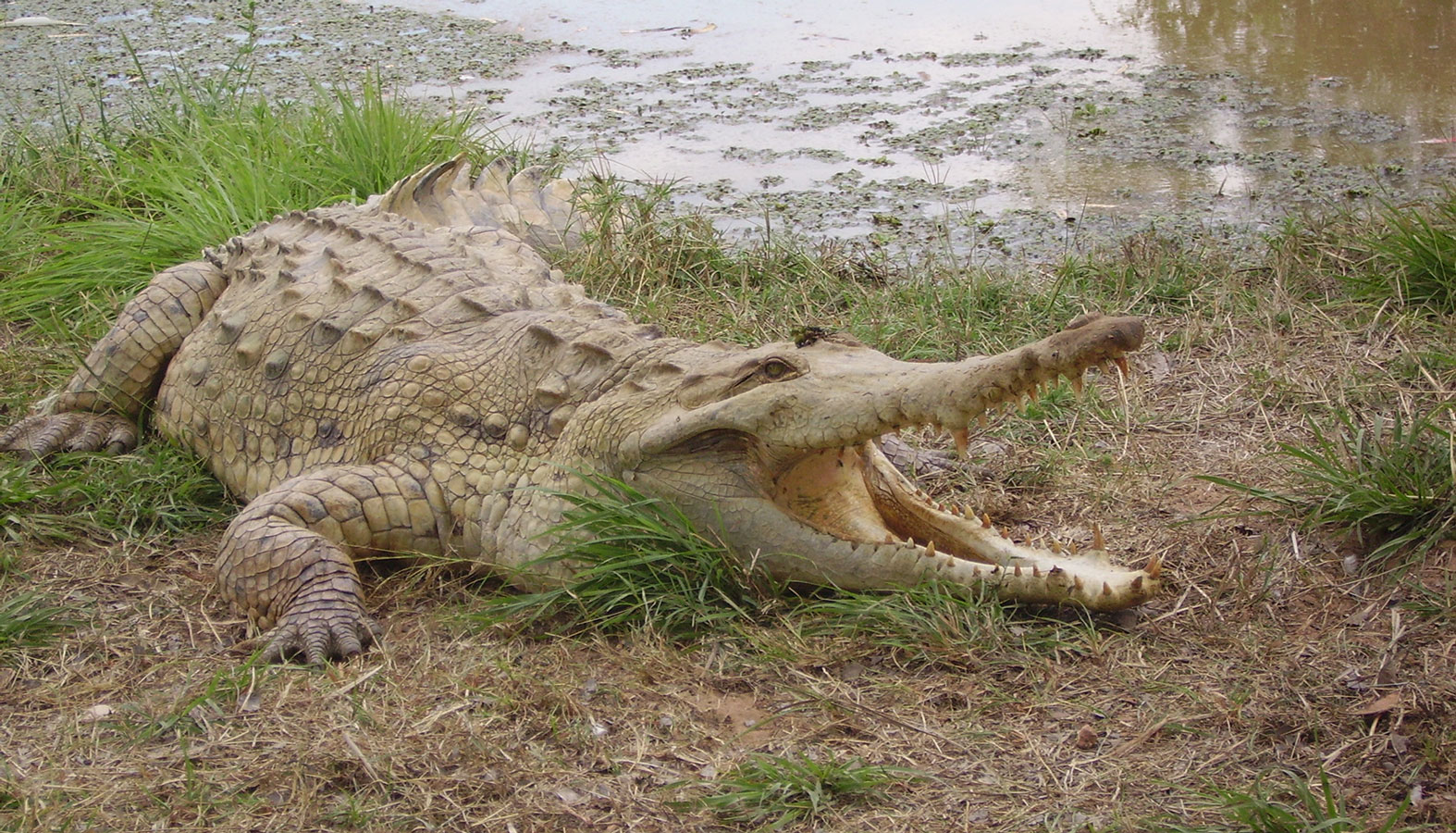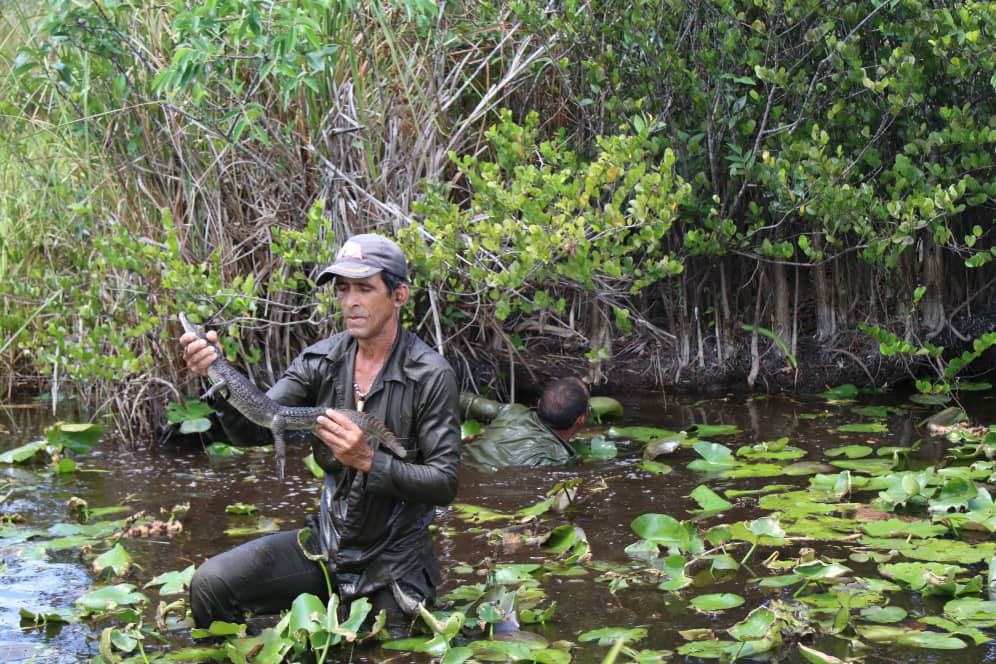IUCN SSC Crocodile Specialist Group
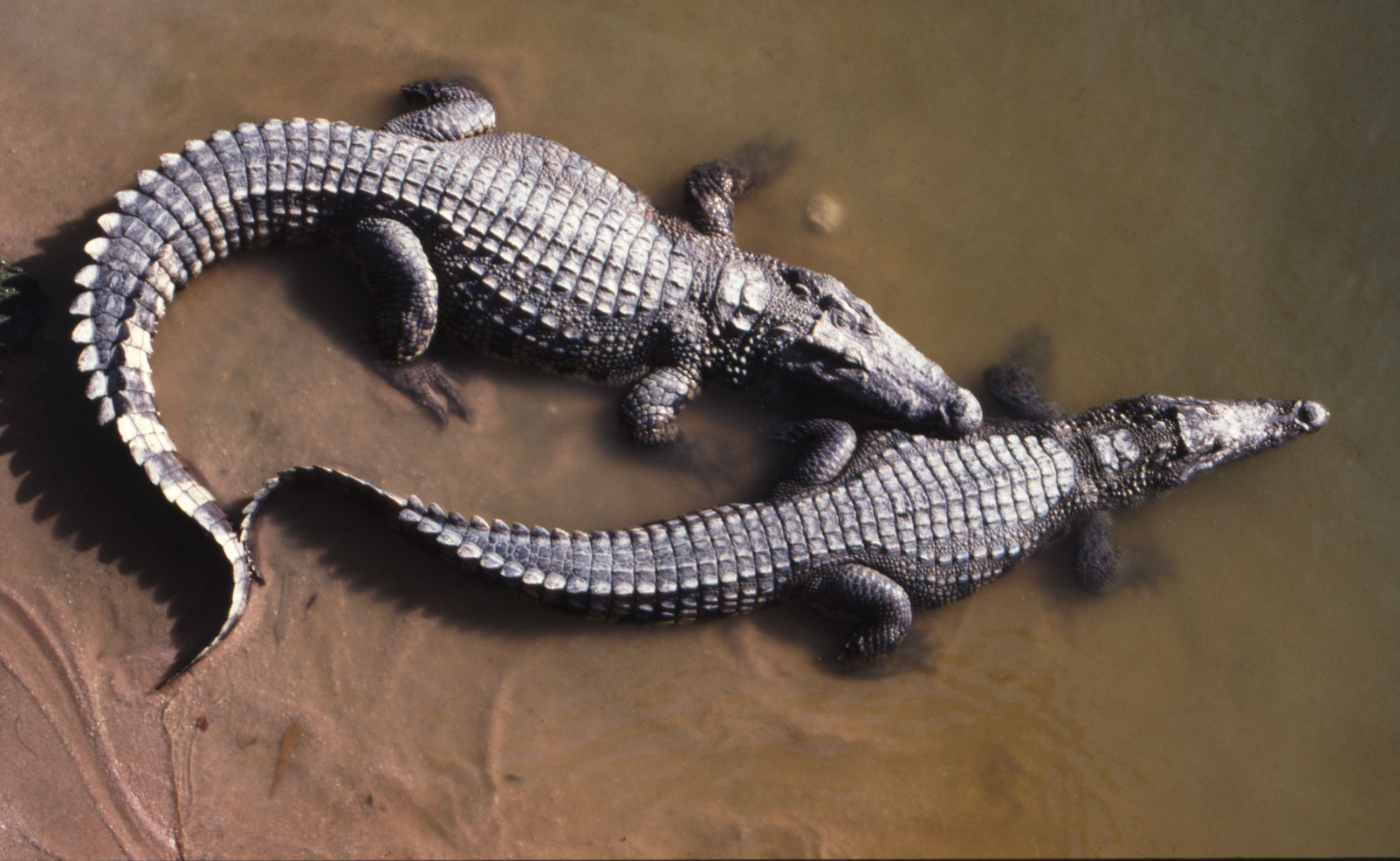
Overview and description
- Description:
-
Of the 24 species of crocodilian, 7 are currently listed as Critically Endangered, 4 as Vulnerable, 12 as Least Risk. The IUCN SSC Crocodile Specialist Group (CSG) is a worldwide network of biologists ...
Group leadership
Dr Sally ISBERG
Dr Alejandro LARRIERA
Mr Charlie MANOLIS
More about the Specialist Group
The IUCN SSC Crocodile Specialist Group (CSG) is to assist the International Union for Conservation of Nature (IUCN) and the Species Survival Commission (SSC) to meet their missions with regard to the conservation, management and sustainable use of world crocodilians.
The key to this success is the cooperation of companies involved in the international reptile skin and leather trade, crocodilian farmers and ranchers, skin traders, tanners, manufacturers ...
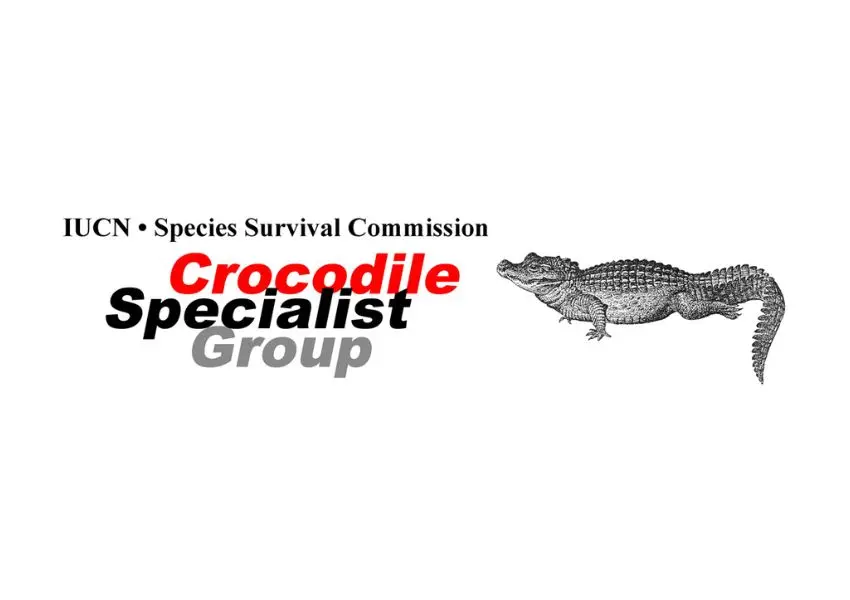
MISSION
Assist the International Union for Conservation of Nature (IUCN) and the Species Survival Commissions (SSC) to meet their missions with regard to the conservation, management and sustainable use of world crocodilians.
Specialist Group work
By the end of 2025, we envisage: (1) increased reintroductions and improved status of wild populations of Critically Endangered crocodilian species such as Alligator sinensis (China), Crocodylus siamensis (Cambodia, Thailand, Vietnam, Laos) and Crocodylus mindorensis (Philippines); (2) improved legal protection status of C. siamensis and Tomistoma schlegelii habitat in Lake Mesangat, East Kalimantan, Indonesia; (3) tracking study implemented on T. schlegelii; (4) publications on traceability systems, sustainable use and livelihoods and Conservation Priorities; (5) completion of species Action Plans; and, (6) develop a standard reference source for crocodilians.
Understanding threats to Crocodiles

The CSG network of experts advises governments and wildlife management agencies, evaluates the conservation needs of crocodilian populations, initiates research projects, conducts surveys of wild populations, provides technical information and training, initiates conservation programs, etc. The CSG’s administrative and publishing budget is raised almost entirely from private donations.
Crocodiles on the IUCN Red List

The Red List is used as a guide by the CSG to prioritize its work, but it also relies on a suite of other information when evaluating issues requiring specific action. For example, information from CSG members, NGOs and wildlife authorities is vital to directing the CSG’s efforts. Efforts to re-establish international trade on a legal and sustainable basis have clearly assisted the recovery of many crocodilian species, but some will require ongoing efforts.
Annual Report

Learn about CSG’s work and results in 2023.
Previous reports:
CSG Annual Report 2022
CSG Annual Report 2021
CSG Annual Report 2020
CSG Annual Report 2019
CSG Annual Report 2018
CSG Annual Report 2016-2017
